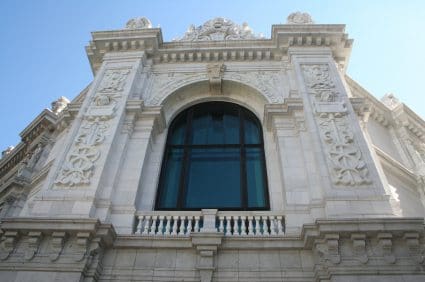Mr Rajoy said it was “not possible to rescue Spain” but insisted his country did not need a Greek-style international bail-out anyway. To talk about a bail-out for Spain at the moment makes no sense,” The Telegraph reports.
“Spain is not going to be rescued; it’s not possible to rescue Spain, there’s no intention to, it’s not necessary and therefore it’s not going to be rescued.”
Despite his comments, the Madrid bourse fell and the yields on the country’s benchmark bonds remained stubbornly high. While other European markets soared on Thursday following strong gains in America, Spain’s Ibex index lost 0.5pc. Politicians in Rome tried to counter the markets’ view that Italy was in the same predicament as Spain. Vittorio Grilli, Italy’s deputy finance minister, said “markets are very nervous” but added: “We cannot talk about a derby between Italy and Spain.”
Italy managed to raise €4.88bn (£4.03bn) at a bond auction but only by paying a markedly higher price. The bulk of the bonds – €2.88bn – were sold at a yield of 3.89pc, up from 2.76pc at an auction on March 14.
Analysts at Bank of America Merrill Lynch said: “Although Spain and Italy face very different economic and fiscal issues, their yields are largely moving in tandem.”
Christine Lagarde, the boss of the International Monetary Fund (IMF), also warned that Europe’s rescue mechanisms were not enough to restore confidence to global markets but said the IMF could provide a “global firewall”.
Speaking in Washington on Thursday, Ms Lagarde, who is seeking to raise $500bn (£313.4bn) in extra funds for the IMF from the G20, warned risks to the global economy “remain high; the situation fragile”.
“We need a broader approach – and a stronger global firewall – if we are to push back this crisis. The IMF can help. But to be as effective as possible, we need to increase our resources.”


